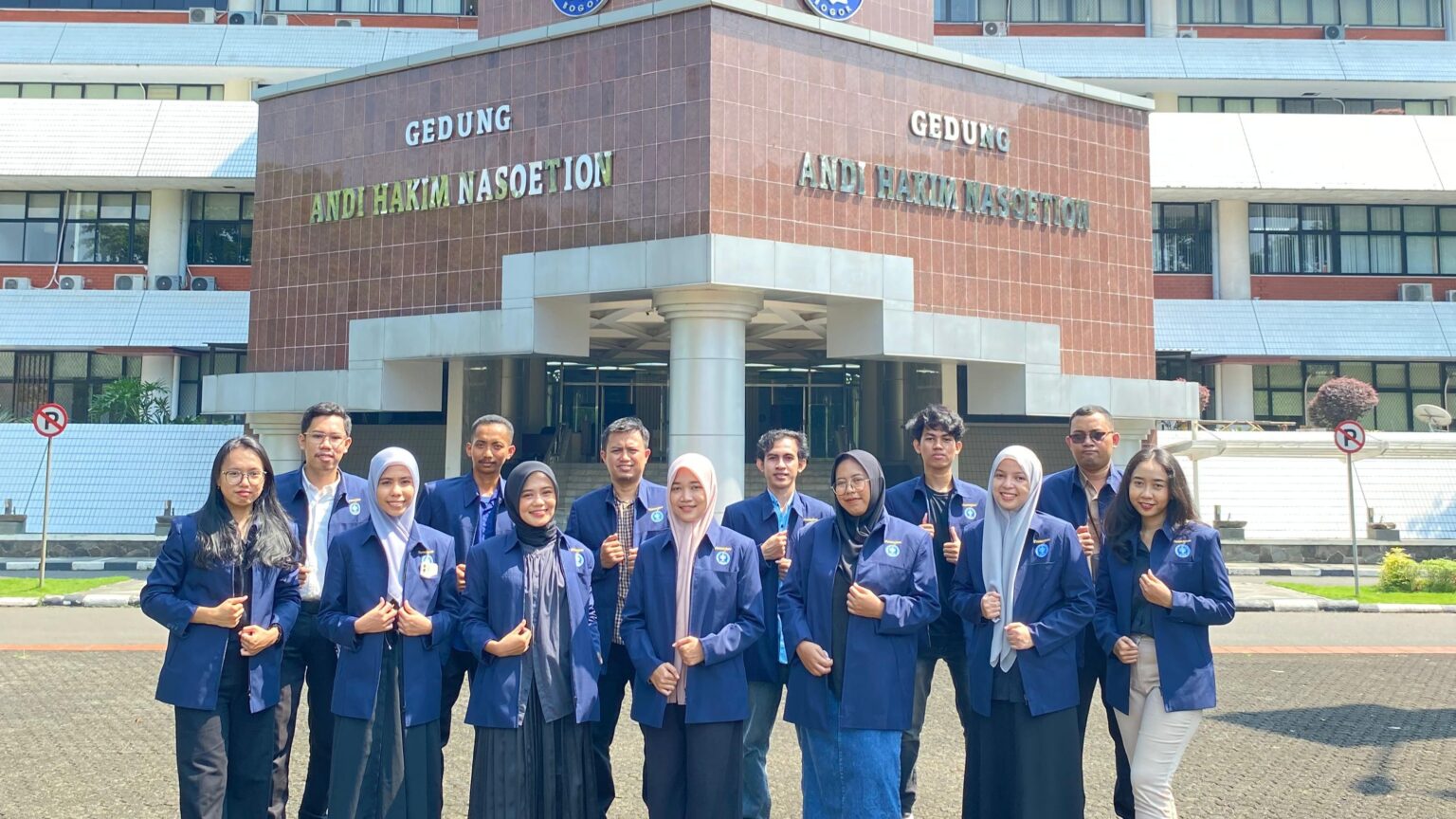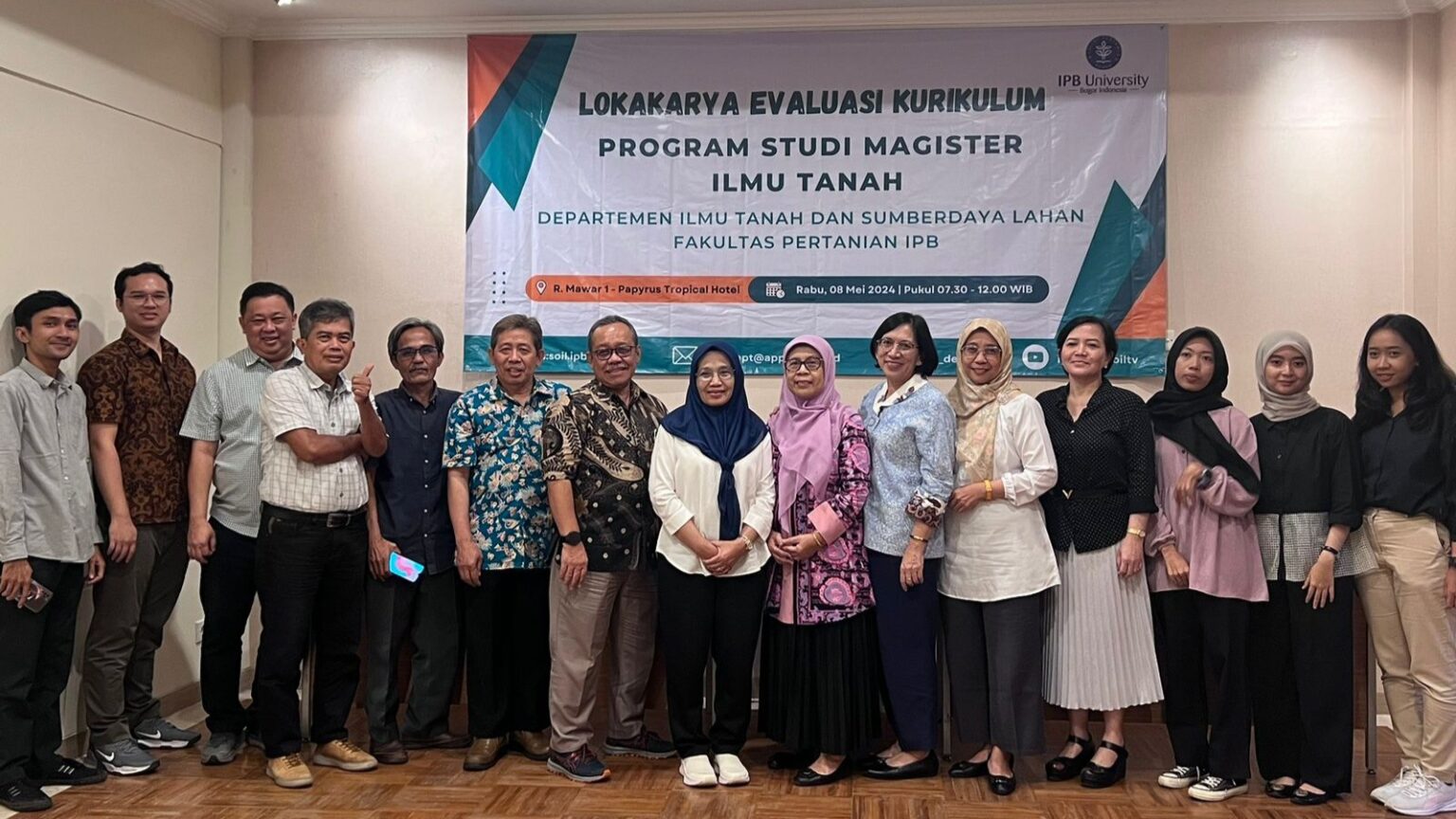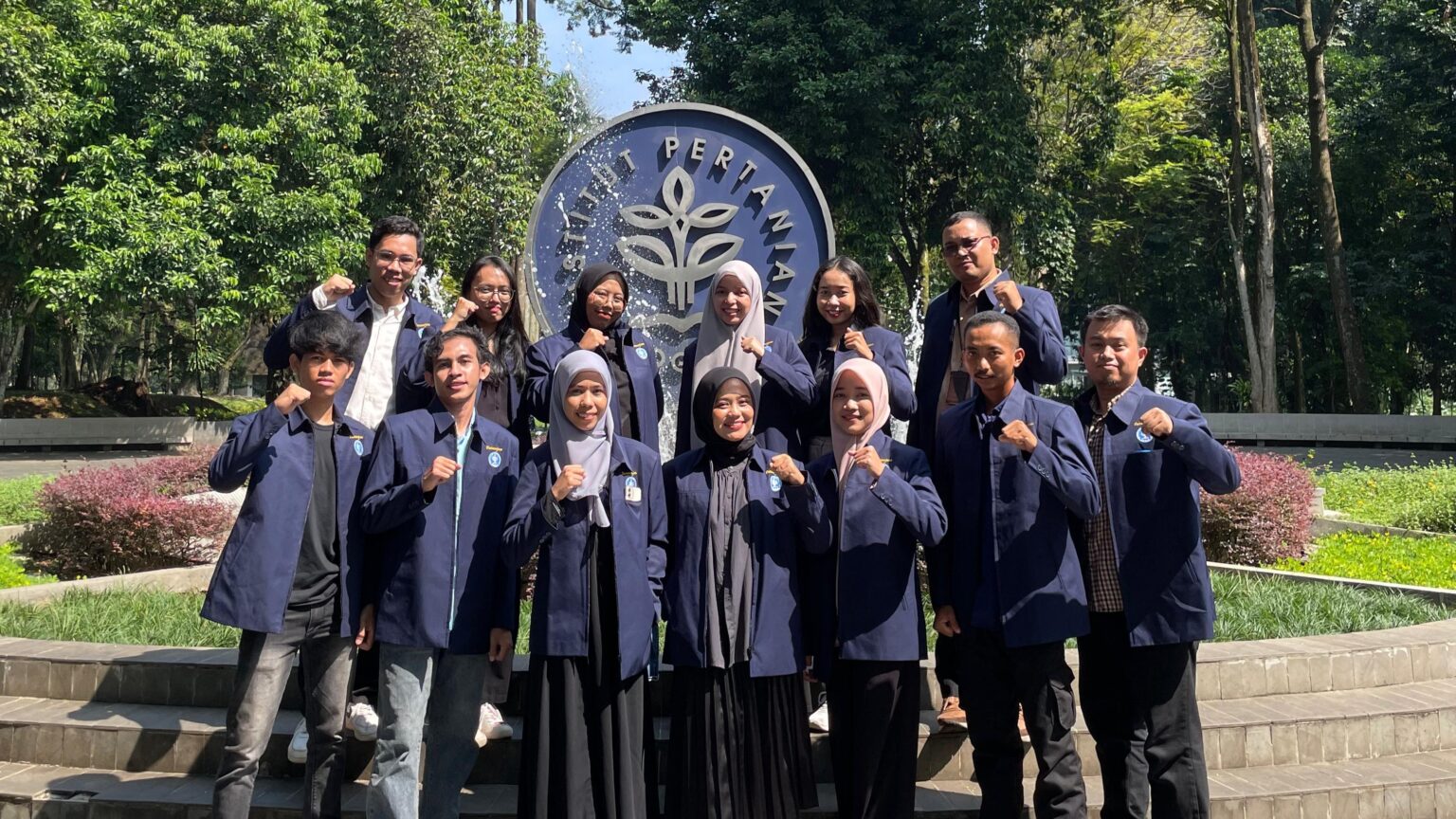- +62 251 8629360
- Jl. Meranti Kampus IPB Dramaga Bogor 16680 West Java, Indonesia



Master of Soil Science
The Magister of Soil Science (MSS) program is one of the study programs offered by the Department of Soil Science and Land Resources, Faculty of Agriculture, Bogor Agricultural University. This study program established in 1993 through the Rector decree Number 584/DIKTI/Kep/1993. This program has been nationally accredited as “A” by the National Accreditation Agency for Higher Education (BAN PT), No. 4956/SK/BAN-PT/Ak-PPJ/M/VII/2022, awarded in 22 July 2022, operational until 26 July 2027. By the end
Program Information
Becoming a centre of excellence in education, research and community services for soil science and related technologies in improving soil and environmental qualities, ASEAN wide
- To deliver education system related to soil science promoting high integrity graduates (responsible, honest, transparent and environmental caring) in study, research and community supports
- To accelerate research in science, technologies and methods for resolving issues related to soils
- To deliver community services related to dissemination and utilization of soil science and technology
- To nurture master’s graduates with competencies according to learning outcomes at level 8 of Indonesian National Qualifications Framework (Kerangka Kualifikasi Nasional Indonesia, KKNI)
- To develop advanced soil science and technologies through research
- To disseminate research outcomes on soil science and related technologies for a broader community
- Presence of virtuous, accountable and responsive to support communities
- Competent in assessing science and technologies related to soil chemistry, physics and biology through quantitative and spatial-based approaches in land inventory and planning in terms of agricultural productivity and sustainability
- being able to adapt and to modify techniques related to agricultural land characterization and inventory, either textual or spatial, prior to communicate the outcomes
- Abilities in logical, systematic and creative thinking for design, conceptualization and validation of science and technologies for scientific avenues and societies, either through multi- or inter-disciplinary approach
Please click here to view the course outline.
Please visit IPB Graduate School for Entry Requirements and IPB Admission to proceed with the admission.
The Soil Science Masters program is accredited by the National Accreditation for Higher Education (BAN – PT). Please click here to access the accreditation of the program.
Office:
Kampus IPB Dramaga Bogor
16680 West Java, Indonesia

